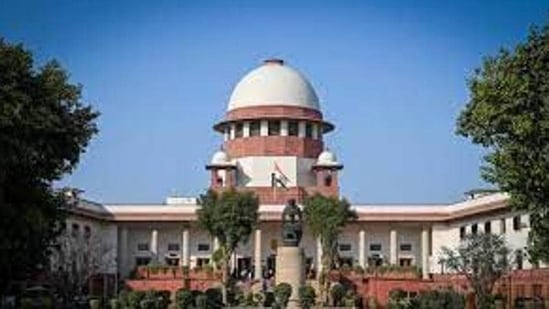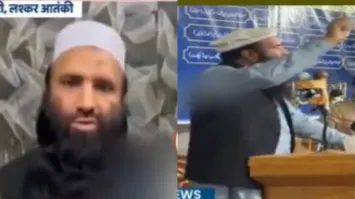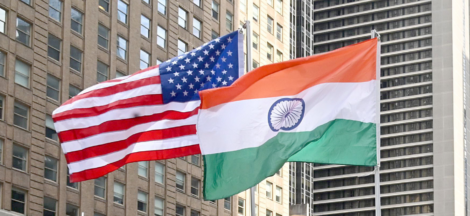The Supreme Court has declined a plea for a Special Investigation Team (SIT) to probe the electoral bonds scheme. The decision came amidst allegations that several corporations, under investigation by central agencies, donated to the ruling BJP to influence the probes. The petition, filed by Common Cause and the Centre for Public Interest Litigation, argued that agencies like the CBI and ED have become complicit in corruption. Despite these claims, the bench, led by Chief Justice DY Chandrachud, found insufficient grounds for an SIT investigation.
The plea highlighted concerns that private companies were using donations as “protection money” or bribes to receive favorable treatment from government agencies. The petitioners presented data suggesting a significant correlation between political donations and the awarding of lucrative contracts to donor companies. For example, companies donating through electoral bonds allegedly received contracts worth 100 times their donation amounts.
Chief Justice Chandrachud, along with Justices JB Pardiwala and Manoj Misra, heard submissions from advocate Prashant Bhushan, who emphasized the need for judicial oversight to maintain integrity in the electoral process. However, the court concluded that existing mechanisms were sufficient to address the concerns raised, thereby denying the formation of an SIT.
This ruling follows an earlier Supreme Court decision on February 15 to scrap the electoral bonds scheme, citing transparency issues and potential misuse. The current plea was an attempt to revisit this decision, focusing on the specific instances of quid pro quo and the alleged misuse of political donations for personal and corporate gains.
The electoral bonds scheme has been a contentious issue in Indian politics, with critics arguing that it undermines the transparency of political funding and allows unchecked flow of money into politics. Proponents, on the other hand, argue that it provides a cleaner alternative to traditional cash donations, reducing black money in elections.
As the debate continues, the Supreme Court’s refusal to establish an SIT underscores the ongoing challenges in balancing transparency, accountability, and the practicalities of political financing. This decision is likely to influence future discussions and policies regarding electoral reforms and the regulation of political donations in India.
The plea had also accused the Central Bureau of Investigation (CBI), the Enforcement Directorate (ED), and the Income Tax Department of acting as accessories to corruption. The petitioners argued that these agencies failed to act impartially, allowing corporations to donate large sums to the ruling party in exchange for favorable treatment in ongoing investigations.
Despite these allegations, the Supreme Court remained unconvinced of the necessity for an independent probe. The court’s decision indicates a preference for allowing existing institutional mechanisms to handle the issue, rather than creating new investigative bodies.
The rejection of the plea signifies a significant moment in the ongoing discourse on electoral transparency in India. It reflects the judiciary’s stance on the limits of its intervention in political funding mechanisms and sets a precedent for how similar cases might be handled in the future.
This case continues to highlight the need for robust mechanisms to ensure accountability and transparency in political funding, a critical aspect of democratic governance.




 Donald Trump Plays The Race Card And Kamala Harris Takes The Hit
Donald Trump Plays The Race Card And Kamala Harris Takes The Hit 